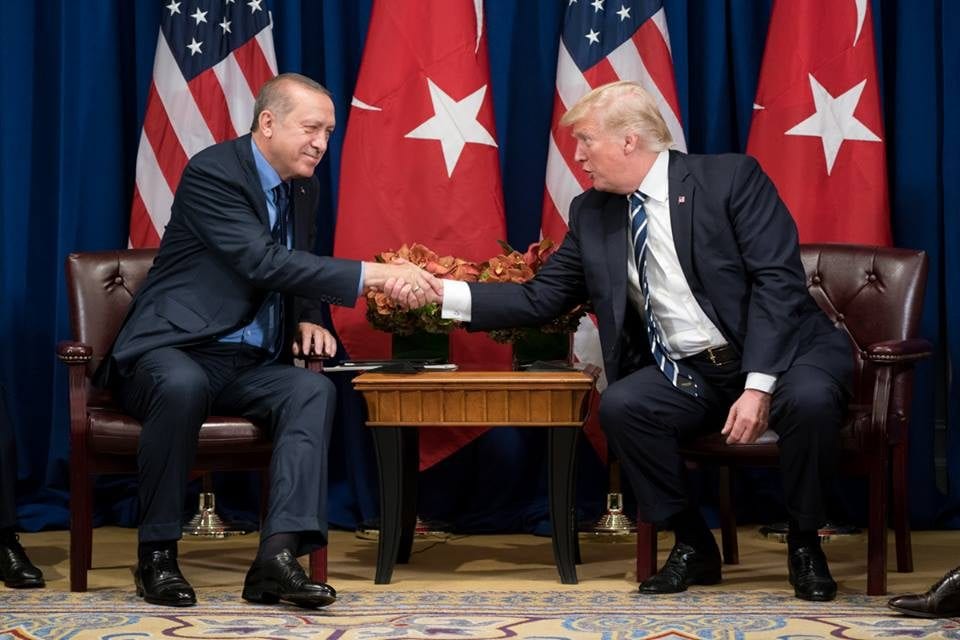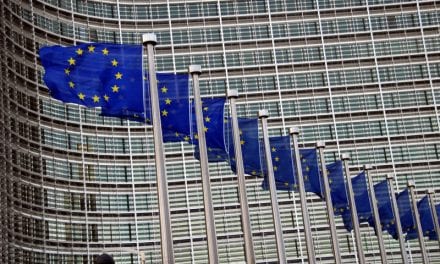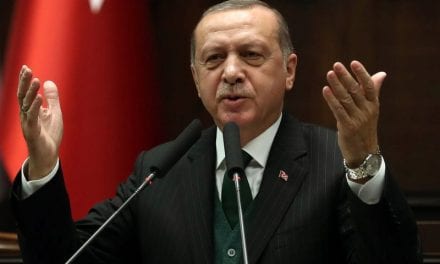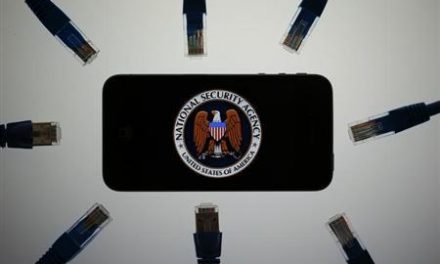ΒΥ Edward G. Stafford, Ahval
In a standard press announcement on September 4, the U.S. embassy to Turkey said former U.S. Ambassador to Turkey James Jeffrey held meeting in Turkey on September 4 in his new role as special representative for Syria engagement.
Absent from the short announcement was any mention of the myriad of challenges facing U.S.-Turkish relations. It focused entirely on Syria and U.S.-Turkish cooperation in resolving the Syrian conflict. This was underscored by Jeffrey being accompanied by a Near East Affairs deputy assistant secretary, not one from the European Affairs Bureau responsible for Turkey.
While one must avoid reading too much into what was not said, Jeffrey’s visit to Turkey, with its focus on resolving the Syria situation and no public mention of issues such as Turkey’s detention American pastor Andrew Brunson, the U.S. block on F-35 sales to Turkey, or Turkey’s purchase of Russian S-400 air defence systems, may indicate a decision by the Trump administration to restrain the more strident anti-Turkey voices within the administration.
In Jeffrey, the administration has added another voice to its foreign policy team that gives considerable importance to the maintenance of good working relations with Turkey regardless of what the former ambassador has called “major domestic baggage on human rights and other issues.”
Are there other indicators of efforts to turn down the temperature following weeks of heated verbal exchanges between the United States and Turkey?
In the case of Brunson, not much has been said publicly by the U.S. administration since President Donald Trump’s tweet of August 16 in which he asked Brunson “to represent our country as a great patriot hostage.”
This does not mean that Trump has abandoned Brunson, but that efforts to secure his release will not include full-throated denunciations of the Turkish government or a willingness to arrange a swap or deal that Trump or Turkish President Recep Tayyip Erdoğan sees as too politically costly. For now, expect the two countries’ respective diplomatic, judicial, and political bureaucrats to work on a resolution that will be acceptable to all parties with neither one losing face as they labour to return the issue of an unfairly detained American to a minor irritant in relations instead of the cause of a complete break.
Turning down the heat on the sale of F-35s to Turkey while it seeks to obtain and deploy Russian S-400s is a more difficult. While the transfer of F-35s to Turkey has been linked by some in Congress to the case of Brunson, the 2019 National Defense Authorization Act (NDAA) makes clear that it is the possible presence of Russia’s S-400 system (which would by necessity include technicians, trainers, advisors, etc.) that most concerns Congress and members of the Trump administration.
Section 1282 of the NDAA addresses U.S.-Turkey relations. It requires the U.S. secretary of defence, in consultation with the secretary of state, to submit a report to Congress on the status of U.S.-Turkey relations.
This report is due within three months of the passage of the NDAA. It must include an assessment of the potential purchase of the S-400 system and its impact on other weapon systems and platforms operated jointly with Turkey. Topping the list of those items is the F-35. Of note, the report must also include an assessment of the impact on the F-35 programme of a significant change in Turkey’s participation in the programme. Until the report is delivered, the Department of Defense may not deliver F-35 aircraft to Turkey.
Many initially reported on this Congressional action as a ban, later correcting their reporting to note that it is a delay of the delivery of F-35s, and only F-35s. As written, the NDAA does not delay or prohibit the transfer of other systems, such as Chinook and Black Hawk helicopters or F-16 aircraft, though the report must include an assessment of how those systems might be compromised if Turkey acquires the Russian S400 air defence system.
Many within Congress and the executive branch deserve credit for persuading Congress to use language calling for a report and assessments rather than a ban, in particular Secretary of Defense James Mattis . As written, the NDAA puts the burden for resolving the national foreign policy and security issue of the F-35 and S-400 with Turkey on Trump and his team. Progress on resolving the S-400 issue will go a long way in determining the tone of that report. For those, like Jeffrey who believe “the two nations need each other” , delaying and then eventually quietly cancelling the S-400 purchase would be the best outcome.
Also unmentioned was one ongoing contentious issue between the United States and Turkey on which Jeffrey and Erdoğan see eye-to-eye – the negative role of the Gülenist movement. Jeffrey has referred to it as “a threat to our relationship with Turkey and thus to the stability of the Middle East.” . And though Jeffrey does not accuse Pennsylvania-based Turkish preacher Fethullah Gülen of masterminding the July 2016 coup plot as Erdoğan does, he sympathises with the view that Gülenists played a prominent role. He has also expressed understanding for Turkey’s efforts to have Gülen extradited from the United States to Turkey.
In sum, the complete meltdown in U.S.-Turkish relations predicted by many following the calls for Brunson’s release by Trump, Vice President Mike Pence and Secretary of State Mike Pompeo, the subsequent tit-for-tat sanctions, and reciprocal harsh rhetoric has not happened. For the moment, the heat is not melting down the saucepan, nor even boiling over the soup – we are back to a slow simmer on these issues. There are likely many reasons for this cooling of heated exchanges, one of the most likely is that the Trump administration realises that cooperation from Turkey regarding Iran, this administration’s stated pre-eminent concern, may be more forthcoming if other relatively less important matters are relegated to the back burner.



















